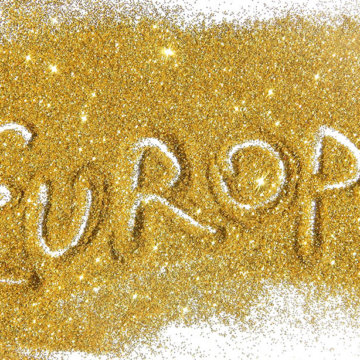- About
- Topics
- Picks
- Audio
- Story
- In-Depth
- Opinion
- News
- Donate
- Signup for our newsletterOur Editors' Best Picks.Send
Read, Debate: Engage.
| located: | Portugal, United Kingdom, Spain, Cyprus |
|---|---|
| editor: | Maria João Morais |
If you’re a poor migrant or refugee, searching for work, a better life or fleeing war, the ordeals to enter Europe are becoming harder and harder. This reality, however, doesn’t apply to everyone. For super rich foreigners, it’s never been so easy to get a residency permit or citizenship from a European country. And yet they don’t even have to reside there, let alone worry about learning the language or adapting to local traditions.
Countries such as Portugal, Cyprus, Malta, Spain and even the UK have shady ‘golden visa’ schemes whereby the wealthy are awarded EU residency simply from buying a house or investing in funds; a scandalous and extremely unjust programme that leaves the poorest people at Europe’s door, whilst rolling out the red carpet to the rich. And if that wasn’t enough, documents leaked this week show how the schemes has been used maliciously, attracting businessmen involved in corruption and bribery scandals who wish to gain access to the EU.
In Portugal, where the minimum investment for citizenship is 500,000 euros, it was revealed that business executives implicated in a Brazilian corruption scandal, and Angolan tycoons accused of bribery have bought properties in order to become European citizens. Launched in 2012, when Portugal was facing the worst period of its economic crisis, the programme was announced as a way of “attracting foreign investment to the country and reactivate the economy”. The scheme, however, hasn’t achieved its goals, given that out of 5,000 only eight ‘golden visas’ have created employment.
Furthermore, the Portuguese programme had also shown its ability to attract criminals: in 2014, police arrested 11 people in an investigation over allegations that ‘golden visas’ had been issued in return for bribes. The head of the border agency and the president of the Institute of Registries and Notaries were among the detainees. The Minister of the Interior was a suspect and consequentially resigned.
Meanwhile, in Cyprus it has been leaked that Russian and Ukrainian billionaires accused of corruption used similar programmes in obtaining European visas. Also, a Syrian businessman under US sanctions is one of the hundreds of investors who were granted citizenship in exchange for big sums of cash investment.
The immorality of selling off citizenship should be sufficient for governments concerned to eliminate such programmes. The worsening situation, as revealed by its links to criminality, must immediately be addressed.
